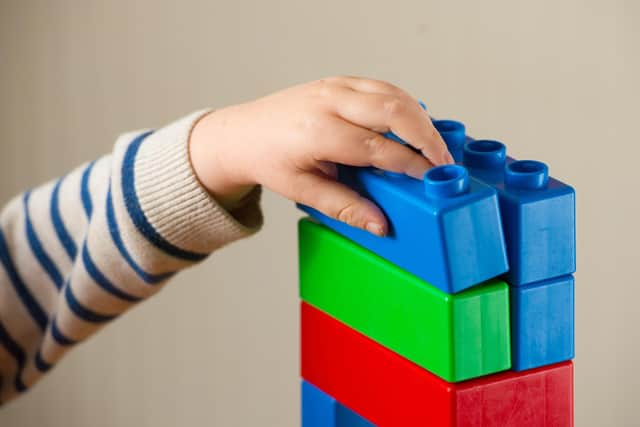One in 10 toddlers in Nottinghamshire can't communicate properly
and live on Freeview channel 276
Charity Action for Children said the first few years of a child’s life are “critical” for their development and called on the Government to address regional disparities across England.
Office for Health Improvement and Disparities figures show 1,593 of 1,780 children aged between two and two-and-a-half in Nottinghamshire met the expected ability for communication in the three months to March.
Advertisement
Hide AdAdvertisement
Hide AdIt meant 187 children, 10.5 per cent, did not have normal communication skills for their age.


Across England, 14 per cent of children failed to meet the expected communication standard.
Action for Children said it is essential children “lay the right foundations” during the first few years of their life.
Imran Hussain, Action for Children director of policy and campaigns, said: “Where you grow up shouldn’t affect your life chances. If we want to give children the best start in life, early years services for parents are vital.
Advertisement
Hide AdAdvertisement
Hide Ad“The Government has invested in family hubs for about half of all local authorities in England. It must ensure all pre-school children and their families, in all areas, can access the support they need.”
The figures also show 6.6 per cent and 0.6 per cent of children in Nottinghamshire did not have the expected gross and fine motor skills respectively for their age.
Gross motor skills involve large muscle movements, such as sitting and crawling, while fine motor skills involve smaller muscles and include movements such as holding, grasping or drawing.
Meanwhile, 5.5 per cent did not reach the normal standard for social skills and 4.4 per cent fell short in problem-solving.